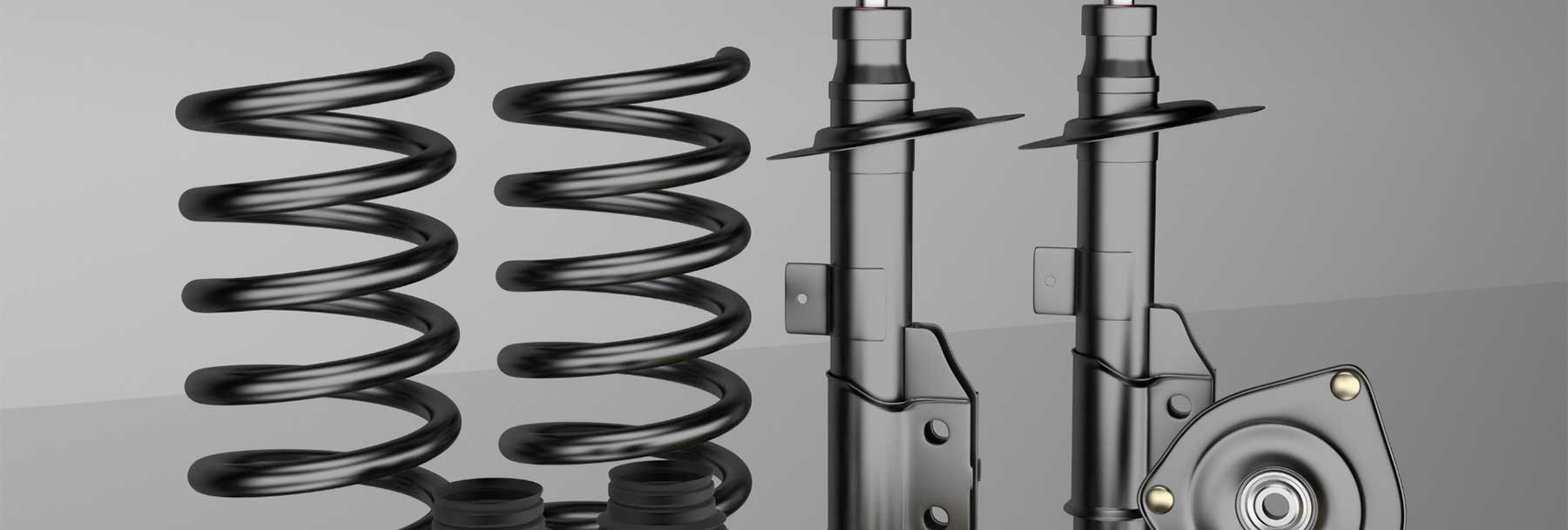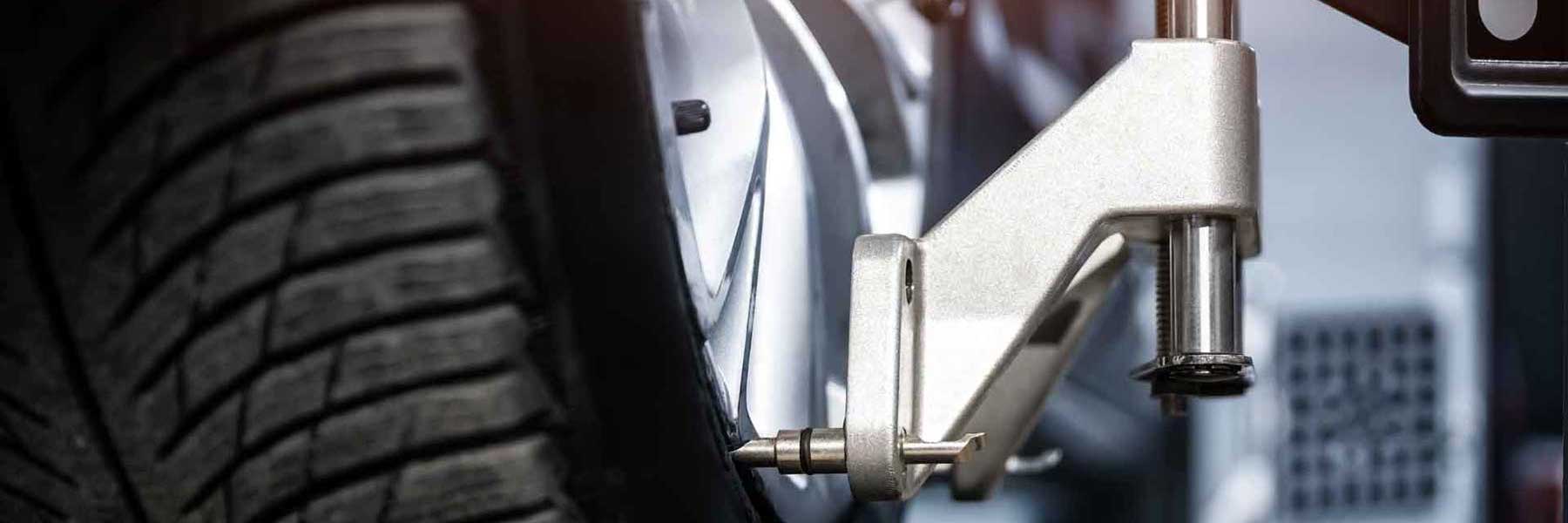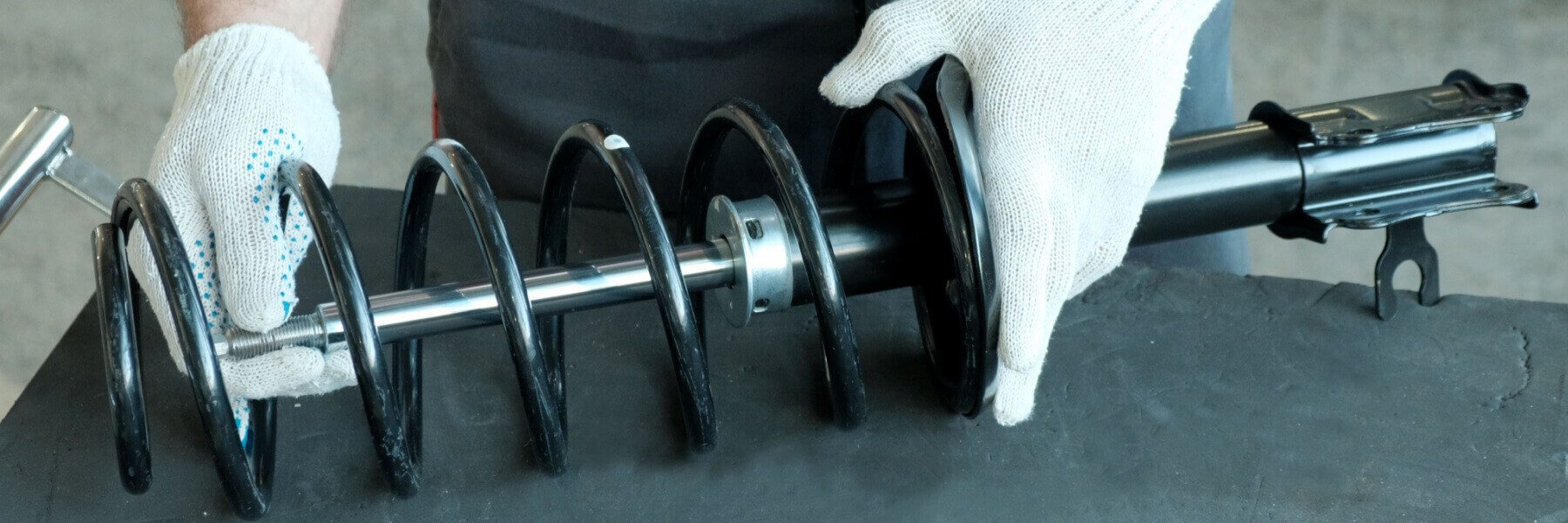Has your car started to feel more like a boat riding the waves of Lucky Peak or Lake Lowell instead of the steady ride you're used to? If this sounds familiar, there's a chance your shocks are going bad and need to be replaced. At Naylor's Auto Repair, we strive to be your one-stop shop for quality repairs and preventative maintenance. Keep reading to learn about bad car shocks and when to replace them.
What Are Shocks?
Car shocks, or shock absorbers, are integral components of a vehicle's suspension system. They assist in managing the impact and rebound movement of your car’s springs and suspension, ensuring that the tires keep in contact with the road. Shocks influence the car's stability during acceleration, turning, and braking, providing you with control and a comfortable ride by minimizing bumps and vibrations.
What Are Common Signs of Bad Shocks?
Recognizing the early signs of worn or bad shocks is crucial to prevent further damage and ensure safe driving. Certain signs of failing shocks can be easier to recognize than others, so being aware of the full gamut of symptoms can help you be a more empowered car owner.
Common Indicators of Worn Shocks
- Bounciness: Experiencing a bouncy ride even on a relatively smooth road.
- Leaning or Dipping: The car leans to one side while turning or dips forward during braking.
- Uneven Tire Wear: Abnormal or uneven wear patterns on your tires.
- Fluid Leaks: Observing fluid leaks on the outside of shocks or struts.
- Feeling Every Bump: A noticeable discomfort and bumpiness while driving, akin to a boat navigating small waves.

Is It Safe To Drive With Worn Shocks?
While it might be possible to drive with bad shocks for a while, it's certainly not advisable. Worn shocks progressively deteriorate, posing risks like:
- Damage to Vehicle Components: Increased wear and tear on other suspension components and the vehicle’s frame.
- Decreased Road Safety: Reduced stability and control, especially during turns and stops, can lead to accidents.
- Impaired Systems: Potential impact on other vehicle systems like anti-lock and automatic braking.
- Towing Hazards: If you’re hauling a trailer, worn shocks increase the risk of losing control or causing damage to the towed items.

What To Do If You Suspect Shocks Are Going Bad
Shocks will generally last between 50,000 and 100,000 miles, but this can vary based on your driving habits and road conditions. If you notice any signs of failing shocks, make an appointment with a professional mechanic like the technicians at Naylor’s Auto Repair.
The sooner you can recognize the issue, the less potential damage will be done to your car. Scheduling routine maintenance like tire rotation or wheel alignments will help us recognize when the shocks are beginning to deteriorate.
Visit Naylor’s Auto Repair For Vehicle Shock Repair
At Naylor’s Auto Repair, we prioritize your safety and vehicle performance. Our experienced team is equipped to conduct a thorough inspection and replace bad shocks, ensuring you get back on the road with confidence and peace of mind. Call us or schedule an appointment online to ensure your vehicle is in top-notch condition.



